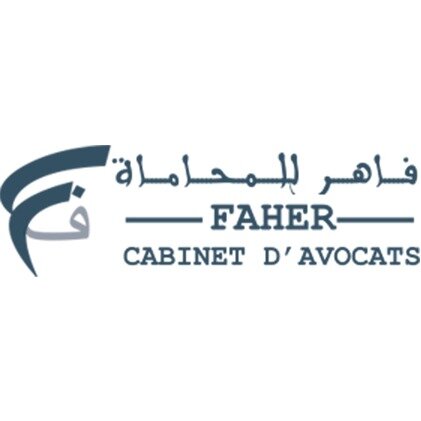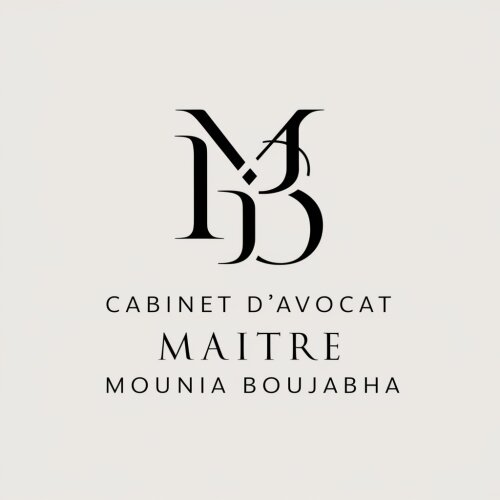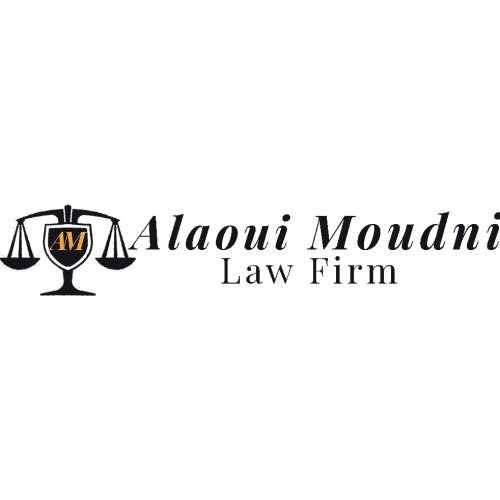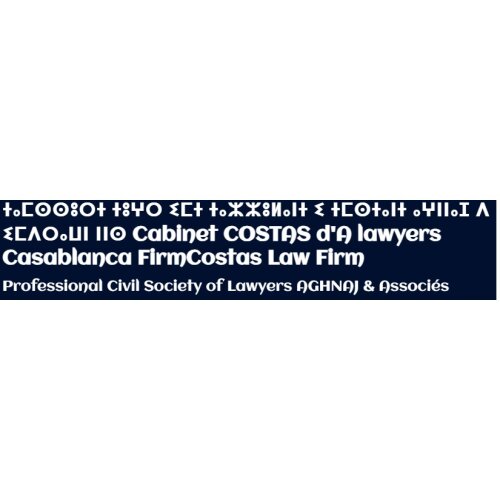Best Education Law Lawyers in Casablanca
Share your needs with us, get contacted by law firms.
Free. Takes 2 min.
List of the best lawyers in Casablanca, Morocco
About Education Law in Casablanca, Morocco
Education Law in Casablanca, Morocco, is a specialized branch of law that deals with issues related to the education system, educational institutions, and the rights and responsibilities of educators and students. This area of law encompasses various legal issues including access to education, the administration of schools, compliance with educational standards, and the rights of students with special needs. The Moroccan legal system, influenced by French and Islamic legal traditions, establishes regulations that govern public and private educational entities in the city of Casablanca.
Why You May Need a Lawyer
There are several situations where individuals or institutions might require legal assistance in the field of Education Law in Casablanca:
- Parents or guardians might need guidance on the enrolment process and the legal requirements for school attendance.
- Educational institutions may require assistance in understanding or implementing new educational regulations or policies.
- Disputes arising from student disciplinary actions, teacher dismissals, or issues related to special education needs may necessitate legal intervention.
- Students or parents might need to address grievances related to discrimination or breach of educational rights.
- Private educational entities may need legal guidance regarding compliance with regulations and accreditation processes.
Local Laws Overview
The key aspects of local laws in Casablanca related to Education Law include:
- Constitutional Rights: The Moroccan Constitution guarantees the right to education for all citizens, mandating that the state provide access to education and training at various levels.
- Compulsory Education: Moroccan law requires compulsory education up to a certain age, with specific legal requirements for enrollment and attendance.
- Regulations for Private Institutions: Private education institutions must comply with government regulations concerning curriculum standards and teacher qualifications.
- Special Education Needs: Legal provisions are in place to ensure inclusive education for students with disabilities or special needs.
- Disciplinary Procedures: Schools are required to follow specified procedures before taking disciplinary actions against students or staff.
Frequently Asked Questions
What is the age for compulsory education in Morocco?
Compulsory education in Morocco typically covers children from the age of six to fifteen years.
Can private schools set their own curricula?
While private schools have some flexibility, they must adhere to basic national education standards and curricula set by the Ministry of Education.
What are the legal rights of students with disabilities?
Moroccan laws mandate inclusive education, ensuring that students with disabilities have access to proper educational facilities and support services.
How do parents address grievances related to schooling?
Parents can file grievances with the school administration or escalate to local educational authorities and seek legal counsel if necessary.
Are there laws protecting against discrimination in educational settings?
Yes, there are local and national laws that prohibit discrimination on various grounds within educational institutions.
What steps should be taken if a child is unfairly expelled from school?
Parents should first engage with the school administration to understand the reasoning and seek resolution, potentially seeking legal advice if necessary.
Can foreign students enroll in Moroccan schools?
Foreign students can enroll in Moroccan schools, but they must comply with certain regulations concerning residency and qualifications.
What is the role of the Ministry of Education in school administration?
The Ministry of Education sets educational standards, curricula, and policies that schools across Morocco must follow.
Are teachers subject to the same disciplinary rules as students?
Teachers are subject to employment laws and institutional regulations regarding conduct, with established procedures for addressing violations.
What recourse do educators have in labor disputes?
Educators can seek mediation or judicial intervention in case of employment disputes, often requiring legal representation or advice.
Additional Resources
Those seeking further information or assistance related to Education Law in Casablanca can consider the following resources:
- Ministry of National Education, Vocational Training, Higher Education and Scientific Research: Provides guidance and regulations for educational institutions.
- Local Education Authorities: Offer assistance and information on schooling and educational policies.
- Non-Governmental Organizations (NGOs): Entities such as human rights organizations often provide support related to educational rights.
- Legal Aid Clinics: Some universities and legal aid organizations may offer free or low-cost legal assistance for educational disputes.
Next Steps
If you need legal assistance in Education Law in Casablanca, consider taking these steps:
- Identify Your Needs: Clearly define the issue or question you have regarding education law to seek targeted assistance.
- Research Legal Professionals: Look for lawyers or legal firms specializing in Education Law. Consider seeking recommendations from trusted sources.
- Schedule Consultations: Arrange meetings with potential legal representatives to discuss your situation and assess their suitability for your needs.
- Consider Additional Advice: Depending on the complexity of the issue, you might seek a second opinion or consult with local education authorities.
- Follow Legal Guidance: Once you have secured legal representation, follow their advice and instructions to navigate your education law issue effectively.
Lawzana helps you find the best lawyers and law firms in Casablanca through a curated and pre-screened list of qualified legal professionals. Our platform offers rankings and detailed profiles of attorneys and law firms, allowing you to compare based on practice areas, including Education Law, experience, and client feedback.
Each profile includes a description of the firm's areas of practice, client reviews, team members and partners, year of establishment, spoken languages, office locations, contact information, social media presence, and any published articles or resources. Most firms on our platform speak English and are experienced in both local and international legal matters.
Get a quote from top-rated law firms in Casablanca, Morocco — quickly, securely, and without unnecessary hassle.
Disclaimer:
The information provided on this page is for general informational purposes only and does not constitute legal advice. While we strive to ensure the accuracy and relevance of the content, legal information may change over time, and interpretations of the law can vary. You should always consult with a qualified legal professional for advice specific to your situation.
We disclaim all liability for actions taken or not taken based on the content of this page. If you believe any information is incorrect or outdated, please contact us, and we will review and update it where appropriate.











